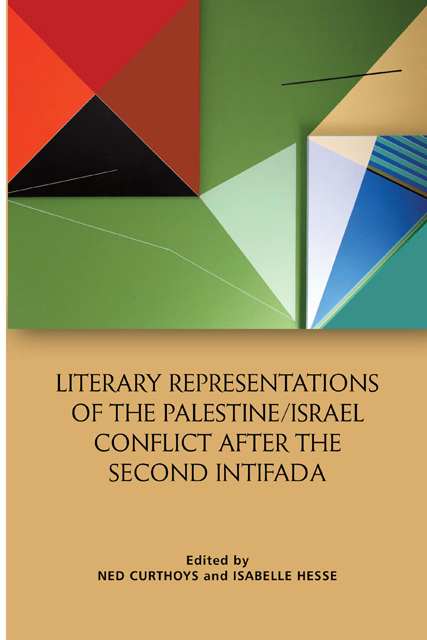6 - ‘Public Confession’ in Palestinian Literary Self-narratives after the Second Intifada
Published online by Cambridge University Press: 07 June 2023
Summary
The Palestinian struggle against the Israeli occupation and settler colonialism is often characterised as a struggle for ‘self-determination’ (Said, The Question of Palestine 6) where Palestine is imagined as an embodiment of a community of selves that has been erased from official narratives. Since 1948, Israel has enabled settler geopolitics that renders Palestinian existence invisible and forgotten through rhetorical and material instrumentalities. The function of Golda Meir’s statement in 1969 to the Sunday Times that ‘there is no such thing as Palestinians’ (Soussi) was not just to deny the national character of Palestinian existence, but to delegitimise the Palestinian nation-in-waiting through rhetorical acts of erasure. This ‘logic of elimination’ (Wolfe 387) has created an ‘architecture of erasure’ (Makdisi 519), which consistently tries to hide the presence of Palestinian lives from Israeli citizens and the world. While Golda Meir’s statement can be considered as a rhetorical offence, it is pertinent to note that rhetorical offences have material consequences of their own. This chapter argues that Palestinian writers contend with Israel’s rhetorical practices of erasure and colonial amnesia through self-narratives that inscribe and memorialise Palestinian existence in a literary life-world.
The Palestinian struggle has always been to determine the self: to make it visible, including to an international public, and this struggle has been reflected in Palestinian literature as well. The struggle for self-determination is not limited to political emancipation but also the creation of a new understanding of Palestinian selfhood altogether, which is undertaken by Palestinian literature through the development of a new narrative form that I would like to characterise as public confession. The development of this form can be traced through the literary works of Ghassan Kanafani’s Men in the Sun (1963), Emile Habiby’s The Secret Life of Saeed: The Pessoptimist (1974) and Mourid Barghouti’s I Saw Ramallah (1997). It can be found in its most developed form in narratives published during and after the Second Intifada (2000–5), when the representation of Palestinian selfhood to a concerned international public sphere became most crucial. This chapter focuses on the mode of public confession embedded in self-narratives (autobiographical and fictional narratives narrated in first-person) by examining Sayed Kashua’s Dancing Arabs (2004), Suad Amiry’s Sharon and My Mother-in-Law (2006) and Samir El-Youssef ’s ‘The Day the Beast Got Thirsty’ (2004).
- Type
- Chapter
- Information
- Publisher: Edinburgh University PressPrint publication year: 2022



